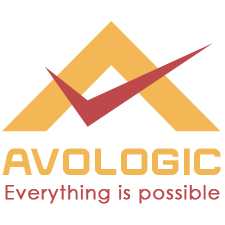.NET is a software development framework developed by Microsoft that is used to build a wide range of applications, including web, desktop, mobile, gaming, and IoT applications. The .NET framework provides a comprehensive set of tools and libraries for building, deploying, and managing applications, and supports multiple programming languages such as C#, F#, and Visual Basic.
Here are some of the key technologies that are commonly associated with .NET:
- .NET Framework: This is the original implementation of the .NET framework, and is used for developing Windows desktop and web applications.
- .NET Core: This is the cross-platform, open-source version of .NET that can be used to build applications on Windows, Linux, and macOS. It is designed to be modular and lightweight, making it well-suited for cloud-based applications.
- ASP.NET: This is a web application framework that is used for building dynamic, data-driven websites and web applications. It includes tools for building web pages, managing user authentication and authorization, and accessing databases.
- Entity Framework: This is an Object-Relational Mapping (ORM) framework that is used to interact with databases. It provides a set of tools and libraries for working with relational databases, allowing developers to work with data using familiar object-oriented programming techniques.
- Xamarin: This is a mobile app development platform that allows developers to create native iOS, Android, and Windows apps using C# and .NET.
- Blazor: This is a web UI framework that allows developers to build interactive web applications using C# and .NET. It allows developers to create web apps with rich, interactive UIs that can be run in a web browser without the need for JavaScript.
Overall, .NET provides a powerful and flexible framework for building a wide range of applications, and is widely used in enterprise and web development.
Page Copyright
© Copyright @Avologic 2016 - 2023 All Rights Reserved.
